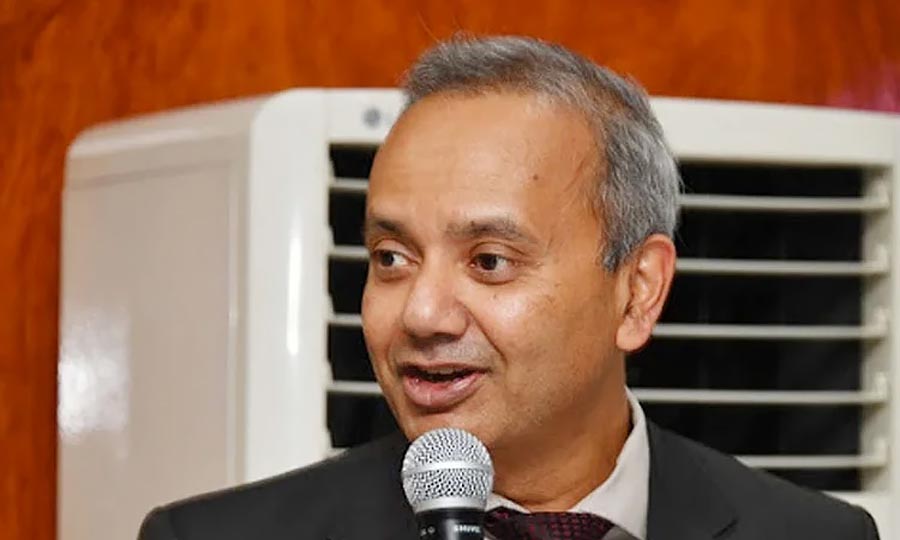The World Bank has finally approved Nigeria’s request for a $1.5 billion loan as budget support and to help cushion the impact of the coronavirus pandemic on the country’s revenue.
This was disclosed through a statement by the World Bank on Tuesday, December 15, 2020, where it noted that the facility is a 5-year Country Partnership Framework (CPF) that will last from 2021 to 2024.
The bank in its statement pointed out that the facility was prepared jointly with the International Finance Corporation (IFC) and the Multilateral Investment Guarantee Agency (MIGA).
What the World Bank is saying
The World Bank in its own statement added that Nigeria is at a critical point, hence the approval of the loan.
The statement partly reads, “With the sharp fall in oil prices as a result of COVID-19, the economy is projected to contract by over 4% in 2020, plunging the country into its deepest recession since the 1980s. Government revenues could fall by more than 15 billion dollars this year, and the crisis will push an additional 5million Nigerians into poverty in 2020.’’
World Bank Board of Directors also approved the $1.5 billion for two projects in Nigeria. These projects include Nigeria Covid-19 Action Recovery and Economic Stimulus, Program for Results (Nigeria CARES) and the State Fiscal Transparency, Accountability and Sustainability Program for Results (SFTAS).
The 2 projects are expected to get a $750 million facility through the International Development Association (IDA).
What the World Bank and IFC Directors are saying
The World Bank Country Director for Nigeria, Shubham Chaudhuri said, “This Country Partnership Framework will guide our engagement for the next 5 years in supporting the Government of Nigeria’s strategic priorities by taking a phased and adaptive approach.’’
The IFC Director for Southern Africa and Nigeria, Kevin Njiraini also said. “The Country Partnership Framework leverages the World Bank Group to enable business growth that is inclusive and sustainable.’’
Areas of focus for the facility
- The facility from the Bretton wood institution will focus on four areas of engagement which include investing in human capital by increasing access to basic education, quality water and sanitation services; improving primary healthcare; and increasing the coverage and effectiveness of social assistance programs.
- Promoting jobs and economic transformation and diversification by supporting measures to unlock private investment and job creation and increasing access to reliable and sustainable power for households and firms.
- The CPF will also focus on boosting digital infrastructure, and developing economic corridors and smart cities, to provide Nigerians with improved livelihoods.
What you should know
- The World Bank had delayed the approval of the $1.5 billion facility due to concerns over some critical reforms as the bank believes that Nigeria has not shown enough commitment towards realizing them.
- Some of these key reforms include the flexibility and unification of the exchange rate, removal of fuel subsidy and an increase in electricity tariffs
